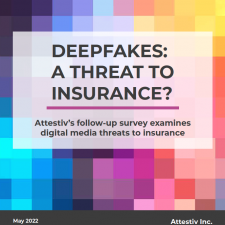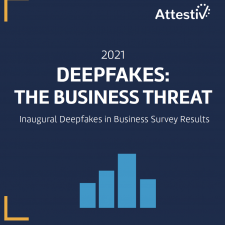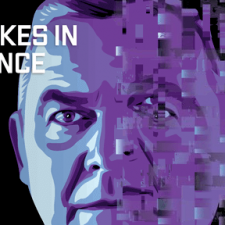Deepfakes, or AI-generated videos that take a person in an existing video and replace them with someone else’s likeness, are multiplying at an accelerating rate. According to startup Deeptrace, the number of deepfakes on the web increased 330% from October 2019 to June 2020, reaching over 50,000 at their peak. That’s troubling not only because these fakes might be used to sway opinion during an election or implicate a person in a crime, but because they’ve already been abused to generate pornographic material of actors and defraud a major energy producer.
While much of the discussion to date around deepfakes has focused on social media, pornography, and fraud, it’s worth noting that deepfakes pose a threat to people portrayed in manipulated videos and their circle of trust. As a result, deepfakes also represent an existential threat to businesses, particularly in industries that depend on digital media to make important decisions. The FBI earlier this year warned that deepfakes are a critical emerging threat targeting businesses.







